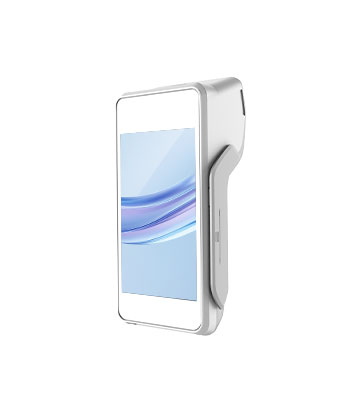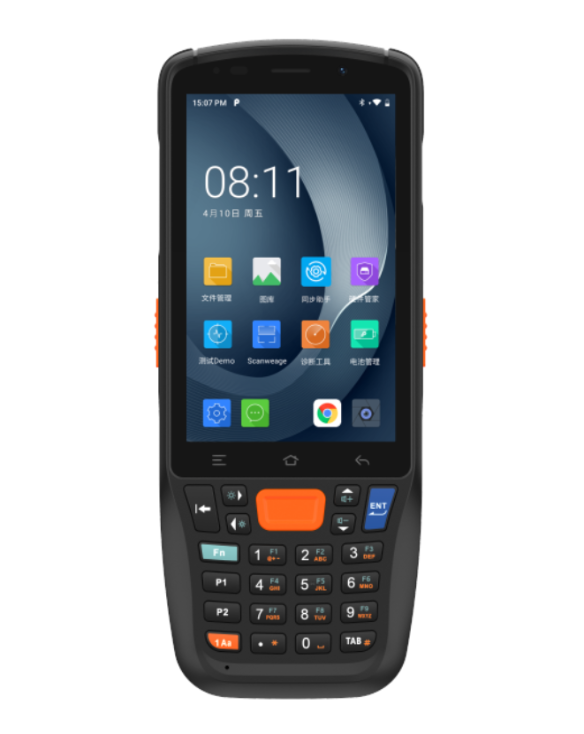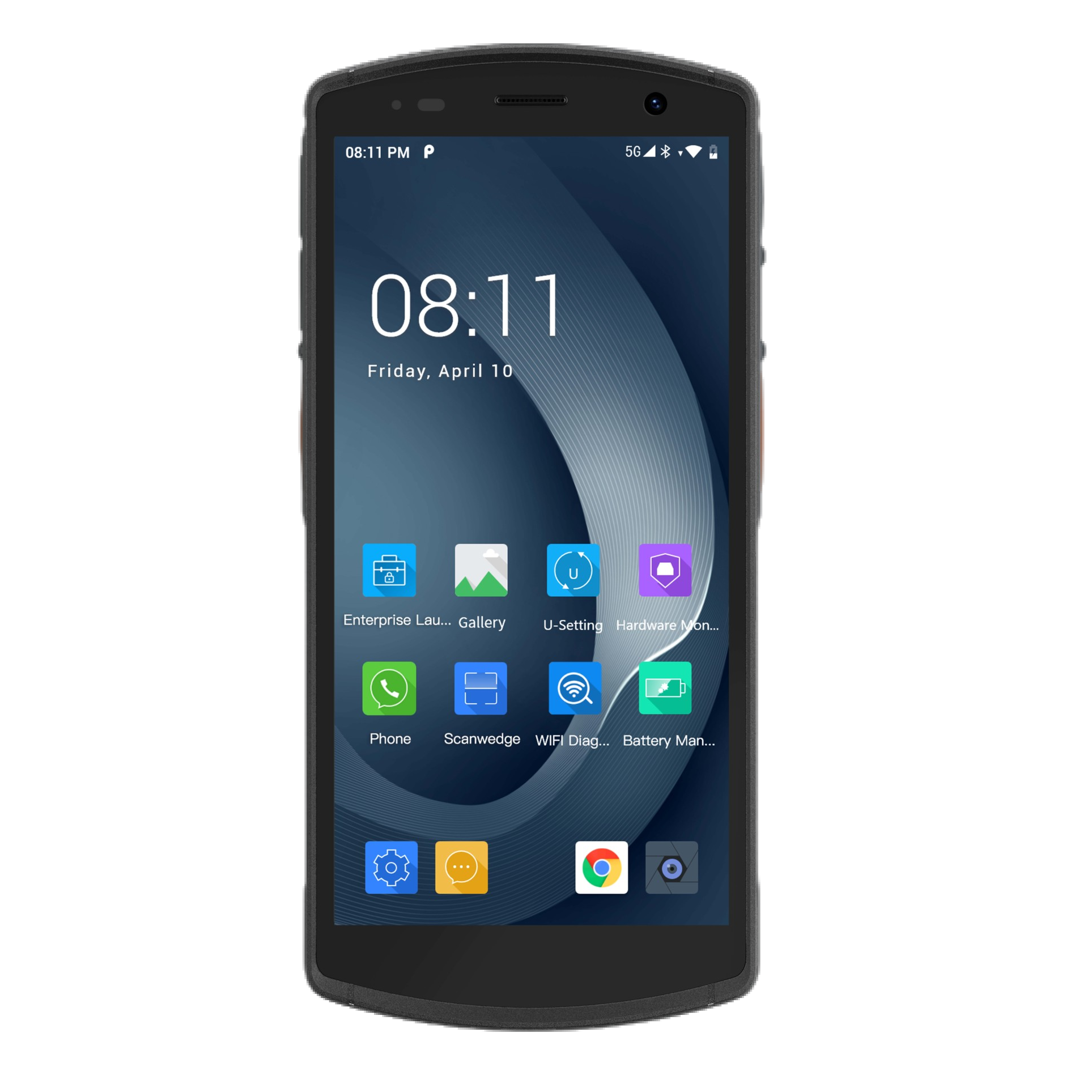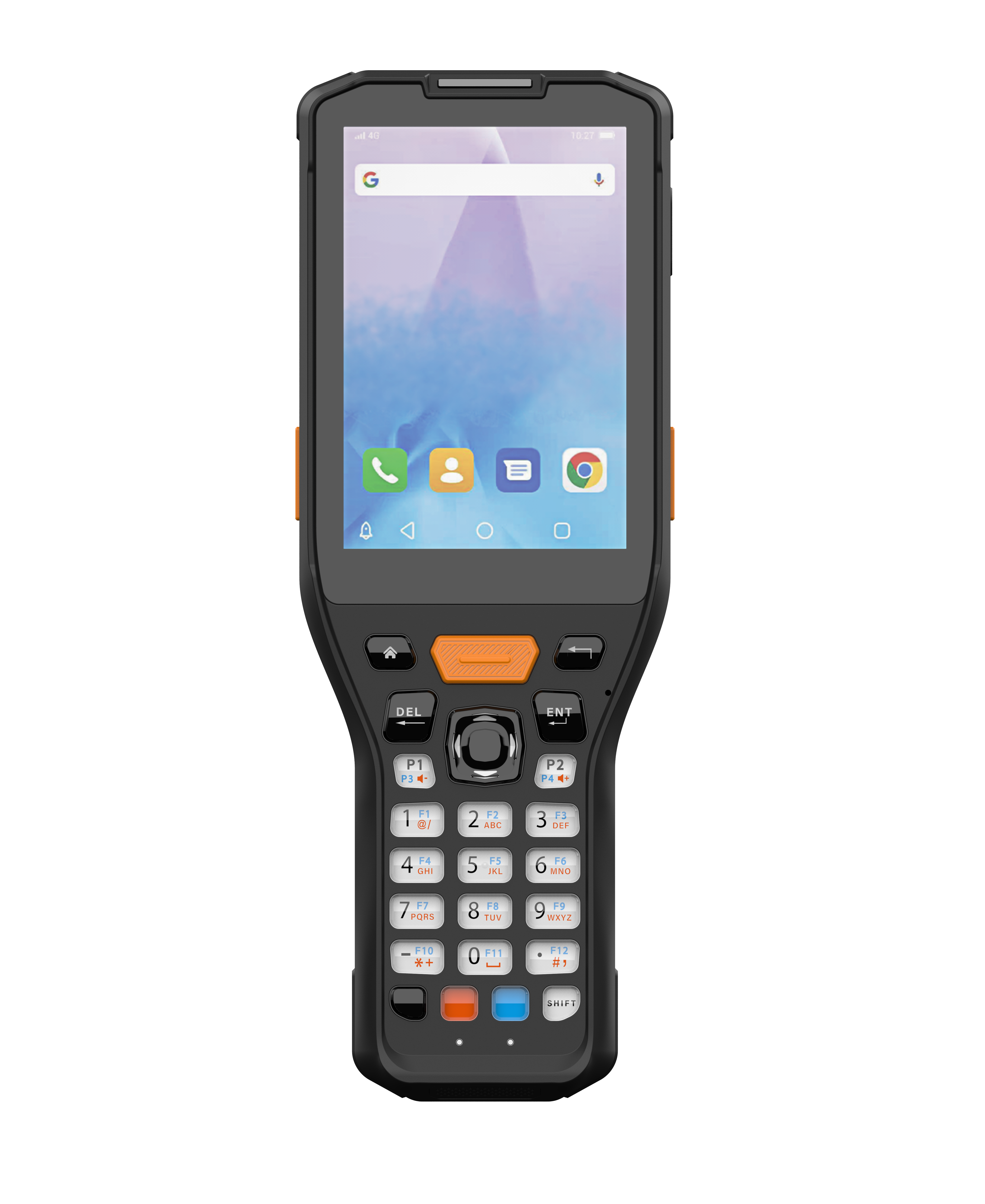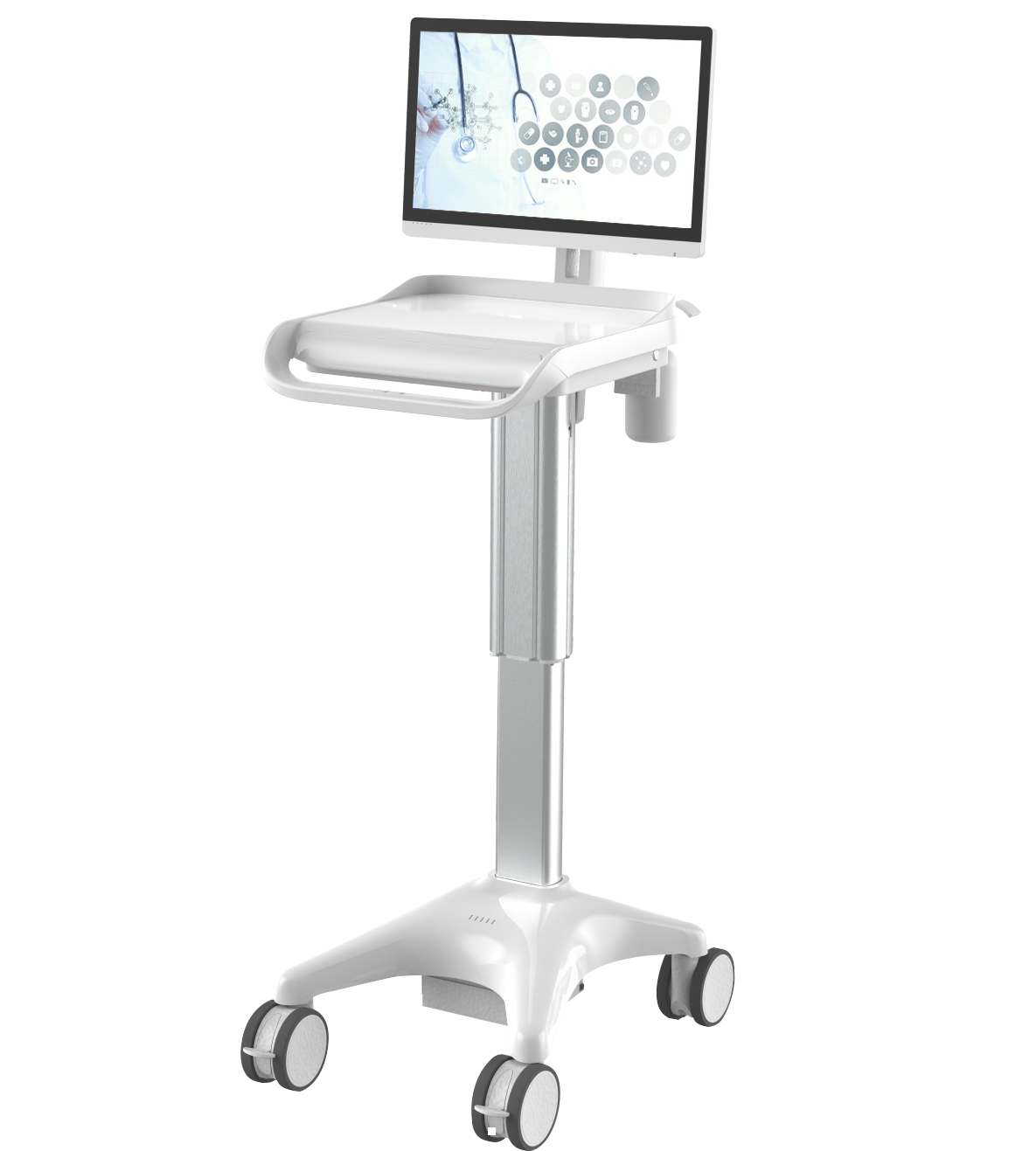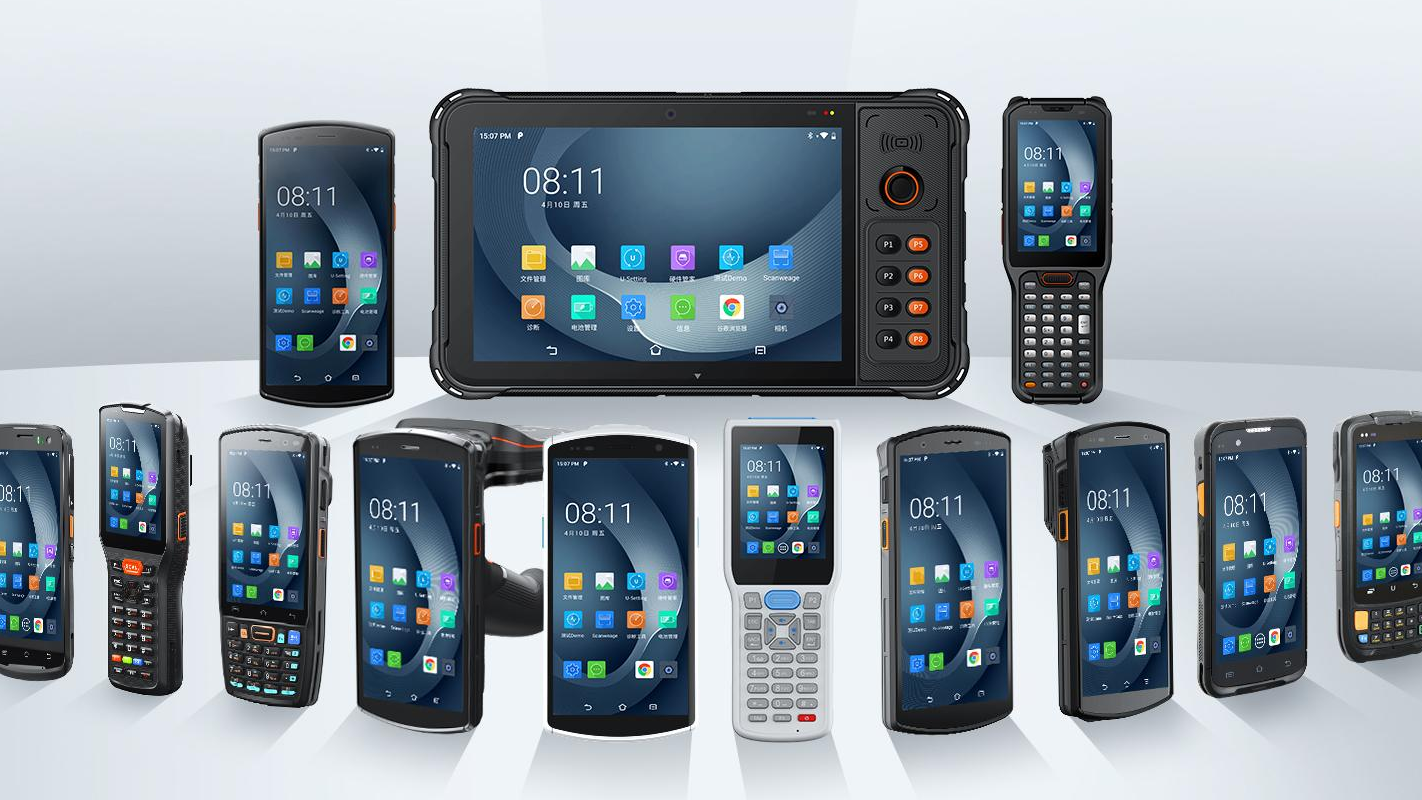The Impact of Android OS on Mobile Computers
The evolution of mobile operating systems has been marked by significant technological advancements, but perhaps none have been as transformative as the introduction of Android OS. Originally designed for smartphones, Android has since expanded its influence to include a wide range of handheld mobile computers, fundamentally altering both their functionality and user experience.Most of urovo's products currently use Android OS as the primary system choice.

Revolutionizing Mobile Computing: The Android Advantage
Historically, mobile devices ran on a variety of proprietary operating systems, which often limited both software compatibility and user experience. The introduction of Android, with its open-source platform, has been a game changer in the realm of mobile computers, particularly in enterprise mobile computer and industrial mobile computer markets. This shift from closed systems to Android’s more accessible platform has not only democratized mobile computing but has also spurred a wave of innovation across various sectors.
Customization Ability
One of Android's standout features is its highly customization interface, which allows users and manufacturers to modify the system to fit specific needs. This flexibility is particularly valuable in enterprise mobile computers, where businesses can tailor devices to enhance functionality specific to their operations. For example, devices can be customized with specific apps and tools for sectors like logistics and retail, turning a basic handheld scanner into a multifunctional business device.
Compatibility
Android's compatibility with a wide range of hardware options is another significant advantage. This feature enables manufacturers to develop diverse mobile computer terminals that can cater to various industrial needs without being tied to specific hardware components. As a result, businesses can choose from a broader range of devices that fit their budget and technical requirements while still running on the robust Android platform.
App Ecosystem
The extensive app ecosystem available through the Google Play Store significantly enhances the functionality of Android mobile computers. The availability of numerous applications means that businesses can extend the capabilities of their devices beyond traditional computing, using apps for everything from inventory management to direct customer interaction. This versatility makes handheld scanners and mobile terminals indispensable tools in modern business operations.Urovo has also developed many software tools based on Android system to facilitate enterprises to manage and standardize enterprise specifications, and is more flexible in responding to different usage scenarios and services.

Transforming User Experience
User Interface (UI)
Android’s user-friendly interface is particularly beneficial in mobile computer terminals, where ease of use is critical. The platform's intuitive design and touch-friendly controls make it accessible to users of all skill levels, enhancing the overall user experience and reducing training time and costs.
Accessibility
Android OS has made significant strides in making mobile computers more accessible to a diverse range of users. Features like customizable text sizes, voice commands, and easy-to-navigate menus help ensure that more people can effectively use these devices, regardless of their tech savviness or physical abilities. This inclusivity is vital in environments where handheld mobile computers are used by a diverse workforce.
Integration
The ability of Android to integrate seamlessly with existing enterprise systems and cloud services is a critical feature for enterprise mobile computers. This integration allows for better data synchronization and real-time updates, which are essential for sectors that rely on timely and accurate information, such as logistics and healthcare.
Applications for Different Domains
In practical terms, the impact of Android on the functionality of mobile computers can be observed across various industries:
· Retail: Android-powered devices streamline operations by enabling sales associates to check inventory instantly and process payments anywhere in the store.
· Logistics: Handheld scanners running on Android increase efficiency by allowing real-time tracking of shipments and inventory management.
· Healthcare: Mobile terminals help staff retrieve patient information quickly and securely, improving response times and patient care.
These case studies illustrate not only the versatility of Android-powered devices but also their ability to enhance operational efficiency and productivity.If you want to learn more about industry applications, read:How Handheld Mobile Computers Revolutionize Business Productivity.
Challenges and Considerations
While Android offers numerous benefits, it also presents several challenges, particularly in the conte xt of security. The open-source nature of Android makes enterprise mobile computers potentially vulnerable to security threats, which can compromise sensitive business data. Furthermore, the fragmentation of Android devices can lead to inconsistent experiences and difficulties in managing software updates and support.
To mitigate the security risks associated with using the Android operating system on enterprise mobile computers, businesses can implement several key security measures:
1. Mobile Device Management (MDM) Solutions
Deploying a Mobile Device Management (MDM) solution allows businesses to centrally manage all Android devices used within the organization. MDM systems provide tools for enforcing security policies, controlling app installations, encrypting data, and managing access rights. This centralized management enables IT teams to monitor device activity in real-time and respond quickly to potential security threats.
2. Enable Device Encryption
Data encryption is critical for protecting sensitive business information on enterprise mobile computers. Businesses can enforce encryption on Android devices to ensure that data is secure even if a device is lost or stolen. This includes encrypting both device storage and external storage (such as SD cards) to safeguard all enterprise data.
3. Regular System and Application Updates
The fragmentation of Android devices often leads to delays in receiving software updates. Ensuring timely system and application updates is crucial for addressing known security vulnerabilities. Businesses can automate updates through MDM solutions or schedule regular manual updates to reduce exposure to potential threats.

Future Prospects
Looking ahead, the future of Android in the realm of mobile computing appears bright. Continued enhancements in areas such as security, machine learning, and energy efficiency are expected to drive further adoption of Android mobile computers. These developments will likely open new avenues for businesses to leverage mobile technology for enhanced productivity and innovation.
Conclusion
The integration of Android OS into the world of mobile computers has been nothing short of revolutionary. With its robust app ecosystem, customization capabilities, and user-friendly interface, Android has transformed these devices from simple tools to essential components of modern business operations. As technology continues to advance, the influence of Android on the mobile computing landscape is expected to grow, bringing more sophisticated, accessible, and powerful mobile computer terminals to the forefront of industrial and enterprise applications.Urovo uses products to demonstrate the importance and status of handheld devices in these areas, which we will explain the Reasons to Choose Enterprise Mobile Computers Over Consumer Devices.
We encourage you to explore Urovo’s product line or contact the Urovo team to learn more about how Android-powered devices can enhance your business operations.


